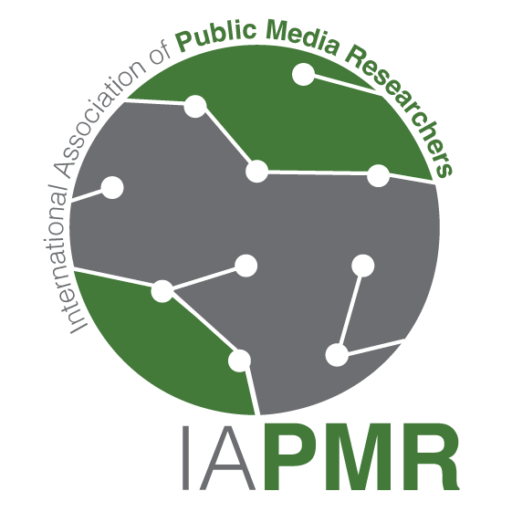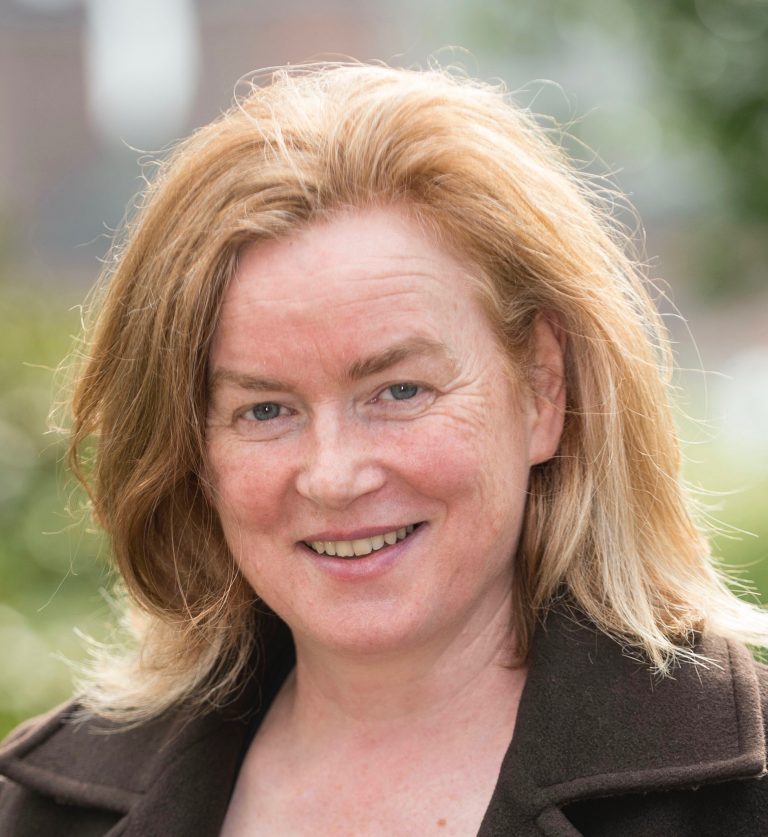Gillian Doyle is Professor of Media Economics at the School of Culture & Creative Arts of the University of Glasgow. With a background on Economics, Gillian Doyle worked as a media equities analyst and as a financial journalist before setting up the UK’s first Masters programme in the area of media management and economics. Her research interests include media economics and media and cultural policy. Gillian Doyle is currently the Principal Investigator of ‘PSM and the Digital Challenge: Purpose, Value and Funding’, a three-year project funded by the UK Economic & Social Research Council (ESRC) that investigates the purpose, value and funding of PSM.
First of all, can you tell us about your current projects?
My most recent project was a UK Economic & Social Research Council (ESRC) funded study that examined major re-structurings in ownership in the television production sector. Expansion in digital distribution platforms, increasingly globalized trade and growth of SVoD services have created unprecedented opportunities for exploitation of IPRs, in turn altering the corporate configurations that conduce to economic success in the TV industry. The Television in Transition: Independence, Scale and Sustainability project examined the forces underlying consolidation and what this means for creative decision-making, content and public policies.
But at present PSM is very central to my interests, having recently served as a member of the Future of Media Commission in Ireland. I’m leading a new ESRC-funded project entitled PSM and the Digital Challenge which aims to build understanding of the value that PSM creates for society and how it can best be sustained in the face of unprecedented challenges.
Looking back, do you think there is any particular discussion or debate around Public Service Media that remains unsolved, despite being the object of extensive academic research?
Yes. As changes in distribution technologies and in the economics of the industry fuel consolidation and the rise of big tech platforms, questions about the role and value of PSM have become increasingly pressing. But the way we watch TV is evolving and, as audiences fragment and in the face of the growing competition from SVoDs, PSM organisations are struggling to engage with especially younger audiences and many face serious funding pressures. So important questions now arise around the remit and financing of PSM which remain unresolved, as is reflected in numerous recent consultations, policy reviews and interventions such as in Ireland, Spain, France and the UK. Our new project in Glasgow on PSM and the Digital Challenge: Purpose, Value and Funding addresses precisely these issues at what is a pivotal moment for the UK in determining the future role of PSM.
Which topics affecting Public Service Media do you feel will require the most involvement of both researchers and practitioners in the short future?
My last response flags up a number of topics. Public Service Media funding mechanisms are a major issue in the short to medium term. Across Europe, although some countries have moved to alternative models such as central taxation or a state grant, a number remain partly or wholly dependent on what some would regard as an outdated device-based compulsory licence fee approach to PSM funding. At a time of digital transition, another issue for researchers is how conceptions of Public Service Media need to evolve.
What would your advice be for a young scholar who is starting to work around Public Service Media?
Bear in mind that there is a distinction between individual organisations that are charged with delivering PSM and PSM as a wider ideal or institution.

